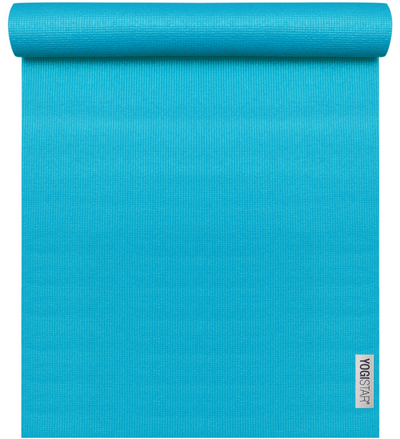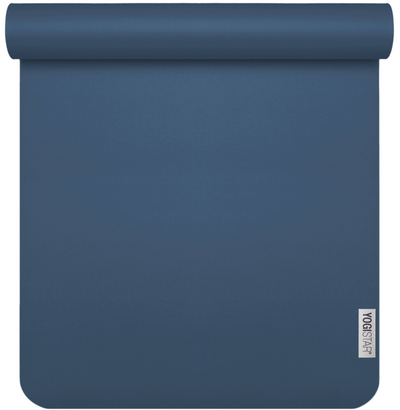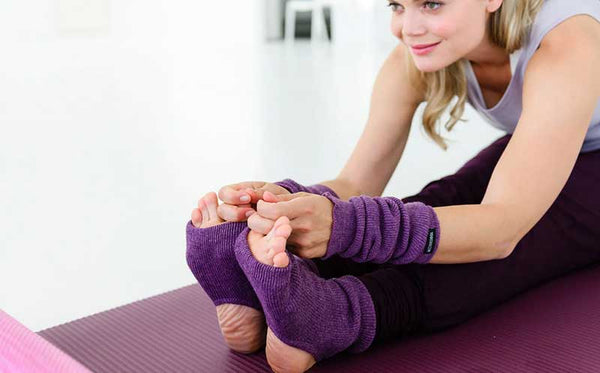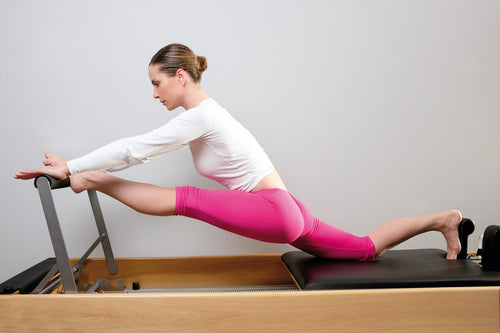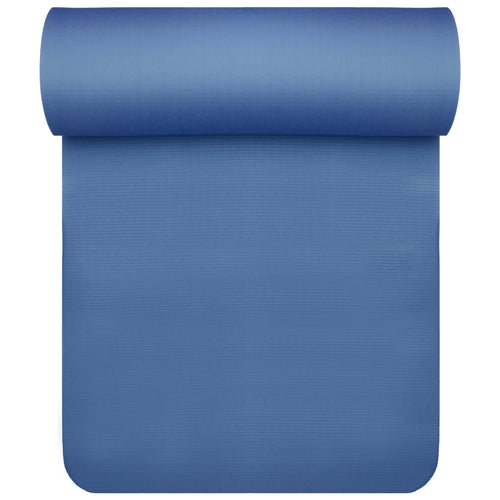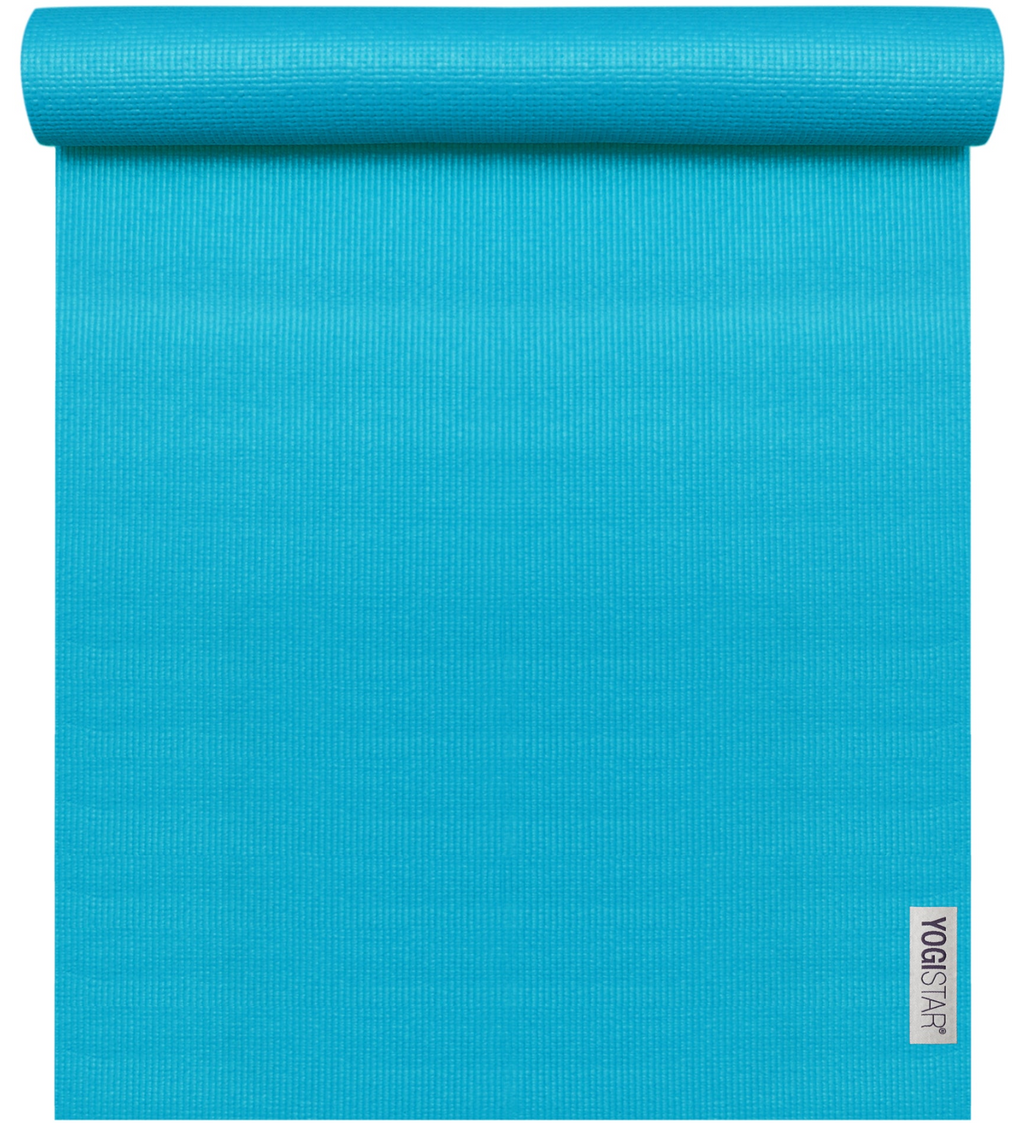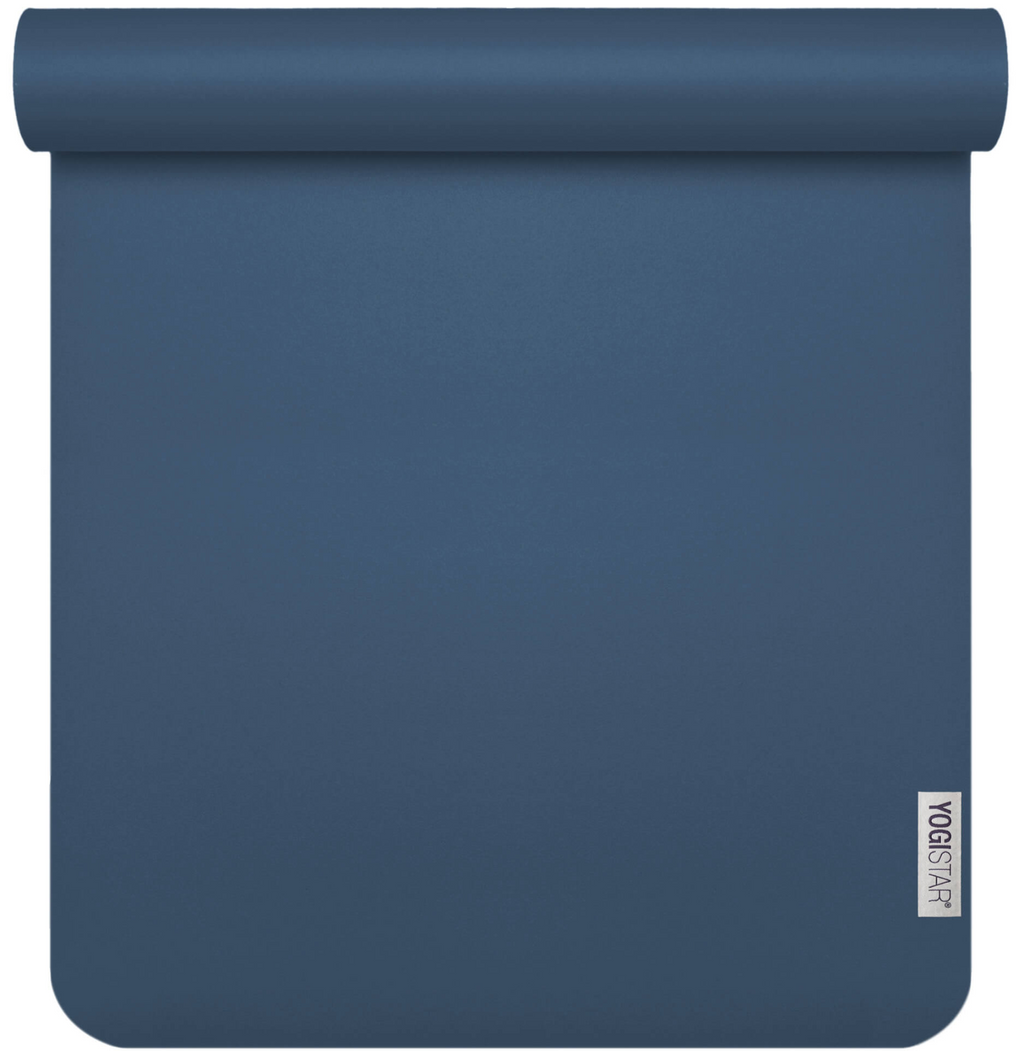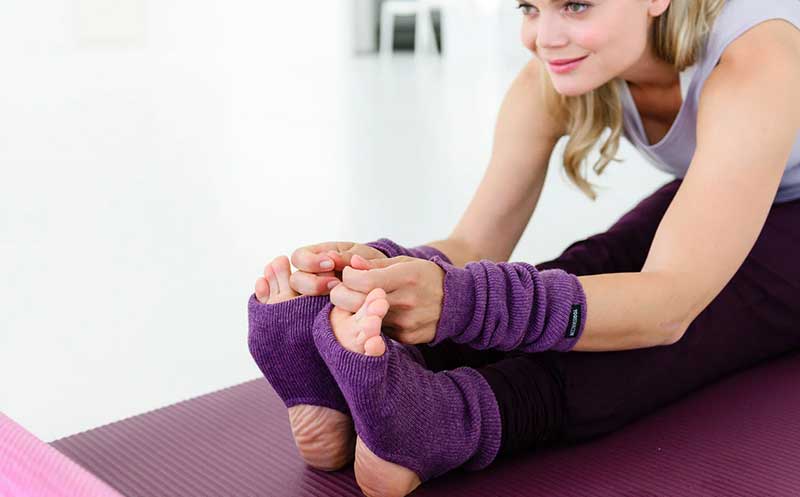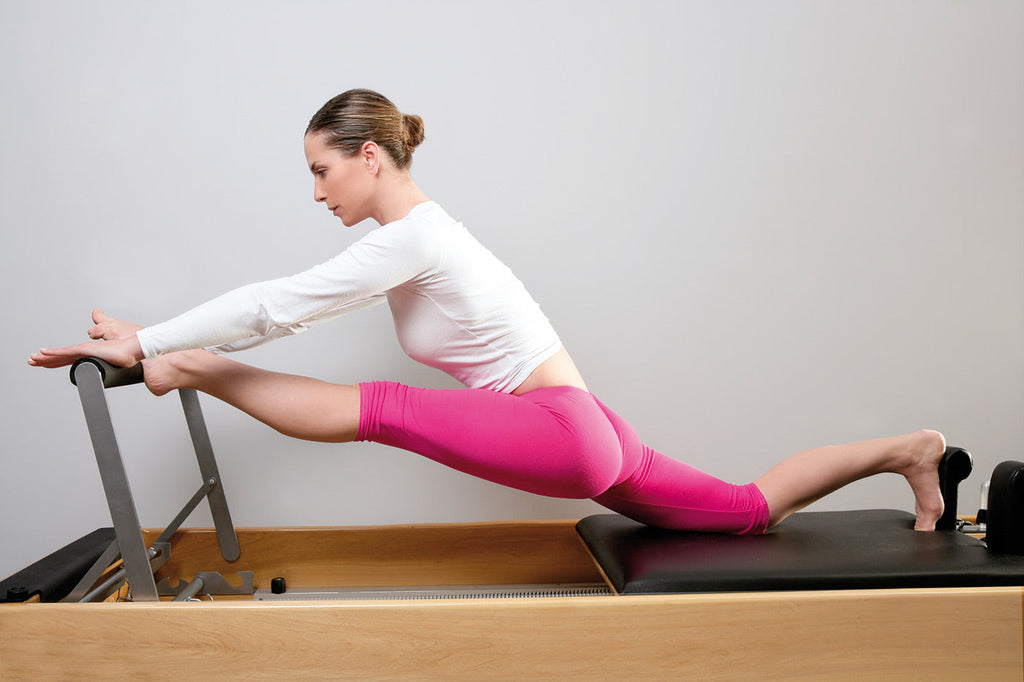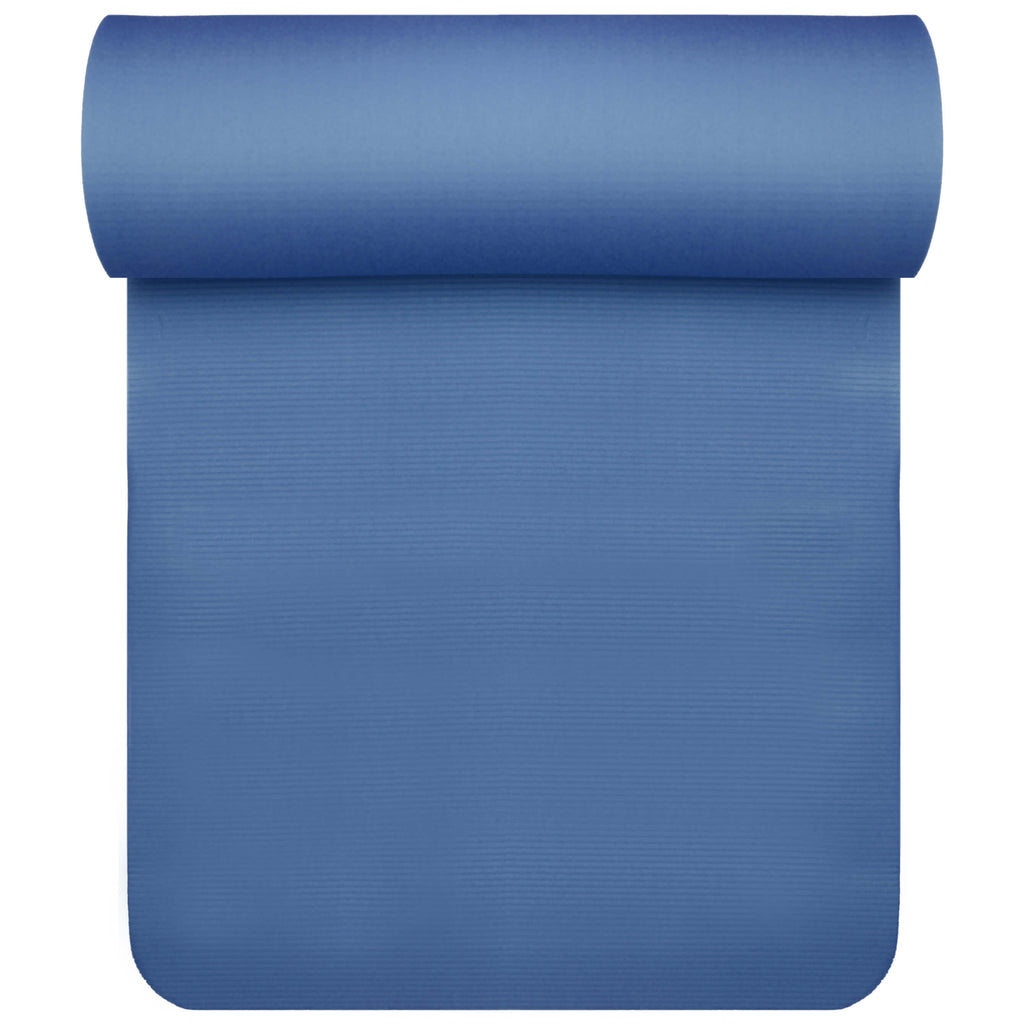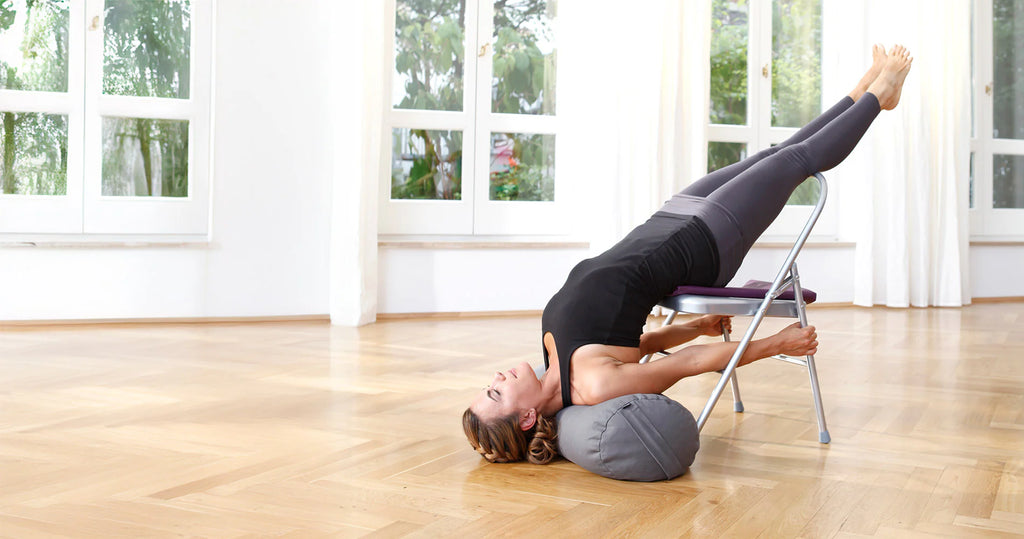Yoga teacher: profession and calling

Teaching yoga is a dream job for many. Many yoginis and yogis find so much fulfillment in yoga that they want to pass on the practice and teachings of yoga to others. There is a huge range of yoga teacher training courses on offer and there is great interest in them. Following the inner voice that tells you unequivocally "I want to become a yoga teacher" may be exactly the path that is in harmony with your heart and soul. But you should take the time and peace to clarify a few basic questions before you embark on this "journey":
- Am I just following a passing impulse, or is it really my deep desire to become a yoga teacher?
- Do I feel mature enough to pursue the path of becoming a yoga teacher now, or is it not yet the right time ?
- Which training is right for me? Which yoga style do I feel at home with, which provider do I trust, and which offer fits my time and financial resources?
Other questions - such as whether you want to teach full-time or just give yoga classes part- time - may not necessarily need to be answered in advance, but they may arise. Especially if your goal is to become a full-time yoga teacher, it is advisable to find out in advance what the specific requirements are and what the current conditions are.
Some participants in yoga teacher training courses, however, do the training primarily to get to know yoga in more depth than is possible in other courses - in other words, they do not initially plan to actually work in the profession. However, if you want to work as a yoga teacher, it is helpful to keep in mind the different facets that this special profession entails.
Becoming a yoga teacher - what does it involve?
Here are some key aspects that prospective yoga teachers should think about, in a first brief overview:
- Experience: Before you consider teaching yourself, you should first be familiar enough with yoga to have some experience. If you are taking a yoga teacher training course, you should already have a solid practice to fall back on.
- Anatomical understanding : A thorough knowledge of human anatomy is crucial to teaching yoga asanas safely and effectively. During training, you should learn how the different yoga postures affect the body and how to avoid injuries.
- Meditation and Mindfulness : In addition to physical exercises, meditation is an integral part of yoga. You will learn how to incorporate meditation practices into your classes to help students find mental clarity and inner peace.
- Yoga philosophy : Knowledge of the philosophical foundations of yoga, including important source texts such as the Yoga Sutra of Patanjali, will deepen your teaching skills. Engaging with yoga philosophy enables you to teach yoga as a holistic path to personal development.
- Didactics: A yoga teacher is a teacher, and that means that didactic skills are also important. Didactic questions are therefore also part of yoga teacher training.
- Explore different yoga styles : For aspiring yoga teachers, it is beneficial to have explored different yoga styles first and thus know the diversity of yoga practice. It is also a good starting point to later expand your expertise and offer your students a wide range of yoga experiences.
- Business Aspects : If you want to be successful as a yoga teacher in a financial sense, you also need to consider the business aspects. This includes marketing your services, managing classes and retaining customers.
- Continuing Education : The yoga world is constantly evolving, so lifelong learning is crucial. Consider taking regular continuing education courses to deepen your skills and learn new things.
- Yoga Community : Build a strong network in the yoga community. This can not only help you with professional development, but also provide a supportive community to share ideas and find inspiration.
- Diverse audiences : Yoga is suitable for people of all ages and fitness levels. Learn how to adapt your classes to different audiences, from seniors to pregnant women to athletes.
- Yoga Teacher Ethics : Ethical guidelines are an important part of the yoga teaching profession. Internalize the principles of ahimsa (non-harming), satya (truthfulness) and other yoga values and practice them in your teaching and your life.
A yoga teacher grows with his tasks - and with time
As mentioned above, it is important that a prospective yoga teacher looks within themselves beforehand to honestly find out whether they really feel called to this activity and whether they feel sufficiently stable in yoga - and as a person in general - to start now. Of course, this does not mean that you have to be "perfect" to start the path to becoming a yoga teacher. You will learn and deepen a lot in the yoga teacher training, and you can develop and unfold your potential over time. In any case, it is not about perfection - it is more important that you are clear about the essence of what yoga means to you and that you feel fundamentally capable of conveying the content and practices of yoga to others.
Every yoga teacher has his or her own individual way of teaching
Every yoga teacher has their own unique style - their demeanor, their voice, their charisma, the way they deal with their students... Be yourself and trust that the yoga students who respond positively to your way of teaching yoga and who feel in good hands with you will find their way to you. And if you occasionally receive negative feedback, don't be discouraged. Try to deal with it constructively - perhaps you can use such feedback as an opportunity to work on certain points, or perhaps you are just not the right yoga teacher for the person who gave you the feedback. Since yoga is so diverse and everyone comes to yoga with different wishes and needs, every yoga student can and should choose a yoga style or a yoga course that is fundamentally right for them.
Recognize your strengths as a yoga teacher
Yoga teacher training and your own practice give you the opportunity to discover your particular strengths. Don't pretend and don't chase the latest or most spectacular trends, but be authentic and teach the way you like and the way you live and love yoga.
Equipment for yoga teachers - affordable and in top quality
Yoga teachers generally need high-quality yoga equipment for themselves and for their yoga studio - if they run one themselves. With the manufacturer YOGISTAR, yoga teachers can claim a 10% yoga teacher discount for themselves and for the equipment of their yoga school or studio. This discount applies to every order after one-time proof (presentation of the yoga teacher certificate conveniently in digital form), and this is completely independent of the quantity. You will find high-quality yoga mats in a wide range of designs and innovative materials here, as well as tried-and-tested yoga tools and meditation accessories . The competent YOGISTAR team will be happy to advise you on complete equipment for larger order quantities.
FAQ
What qualifications are important to be a successful yoga teacher?
Important qualifications for a yoga teacher include a comprehensive knowledge of yoga practices, the ability to safely guide students, an understanding of anatomy and injury prevention, knowledge of yoga philosophy, good communication and teaching skills - and of course, an inner love and connection to yoga.
How long does it take to train as a yoga teacher?
The length of a yoga teacher training course can vary, but typically it lasts between 200 hours (very common) and 500 hours. The choice depends on individual goals and desired certification.
What ethical guidelines should yoga teachers follow?
Yoga teachers should observe ethical principles such as respect, empathy, confidentiality and mindfulness towards their students. They should also know the limits of their qualifications and maintain professional standards.

